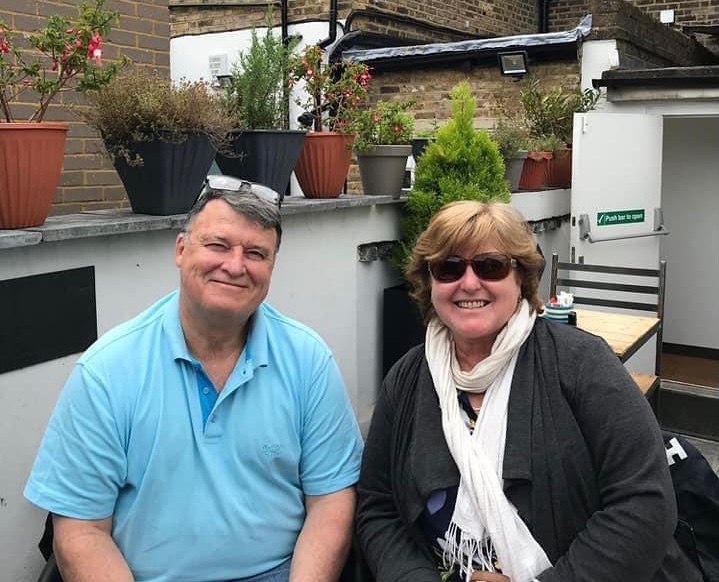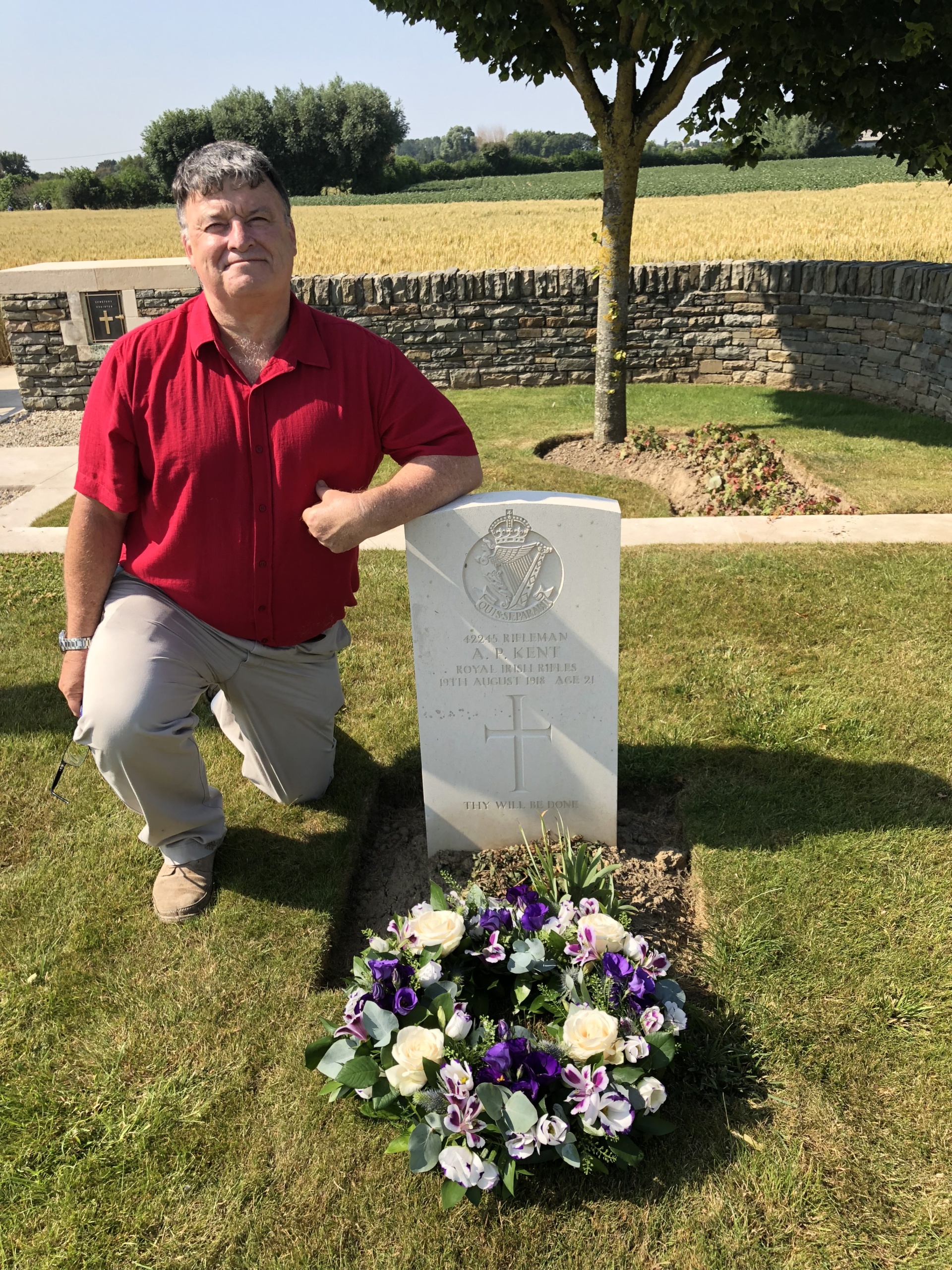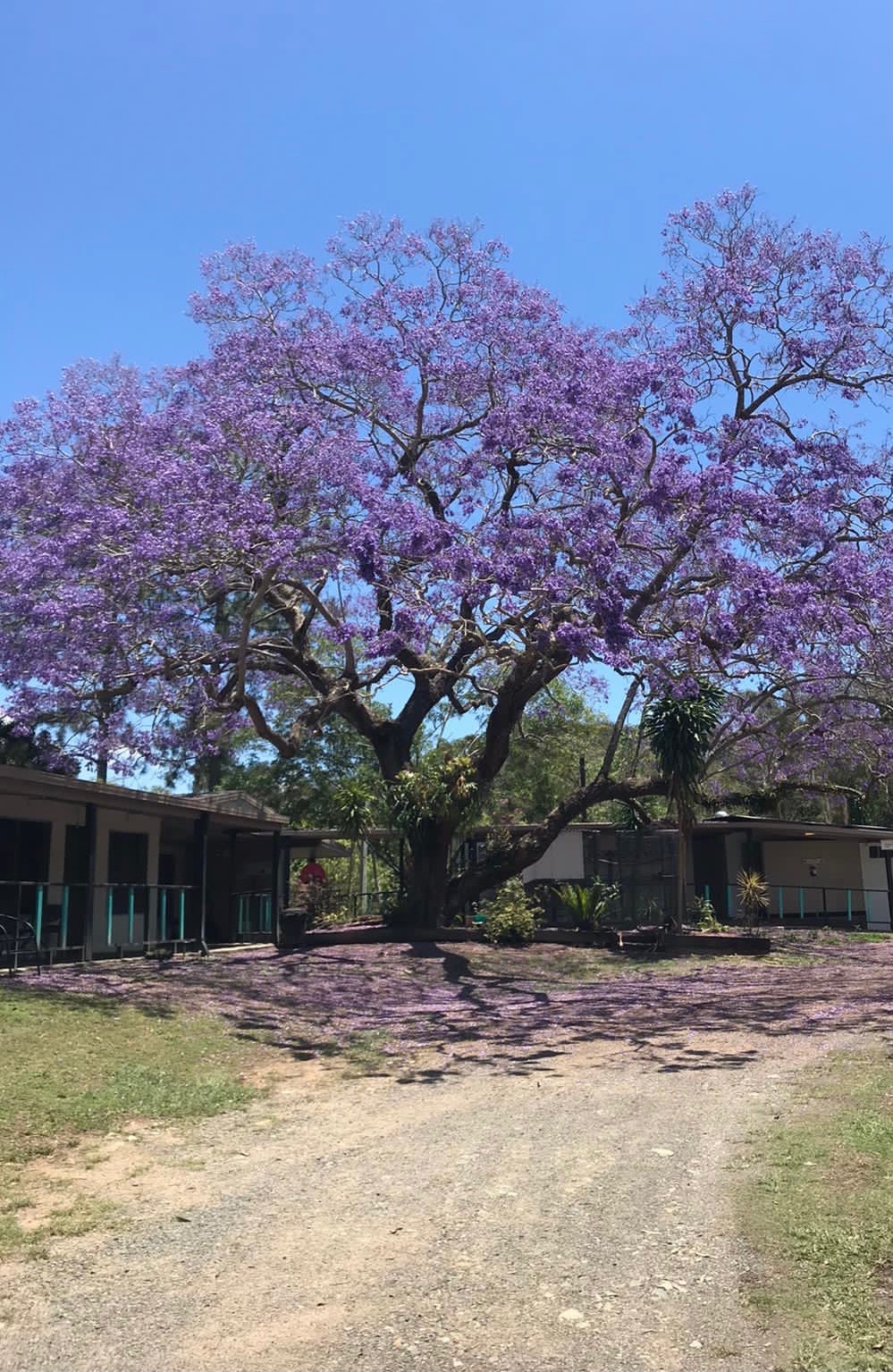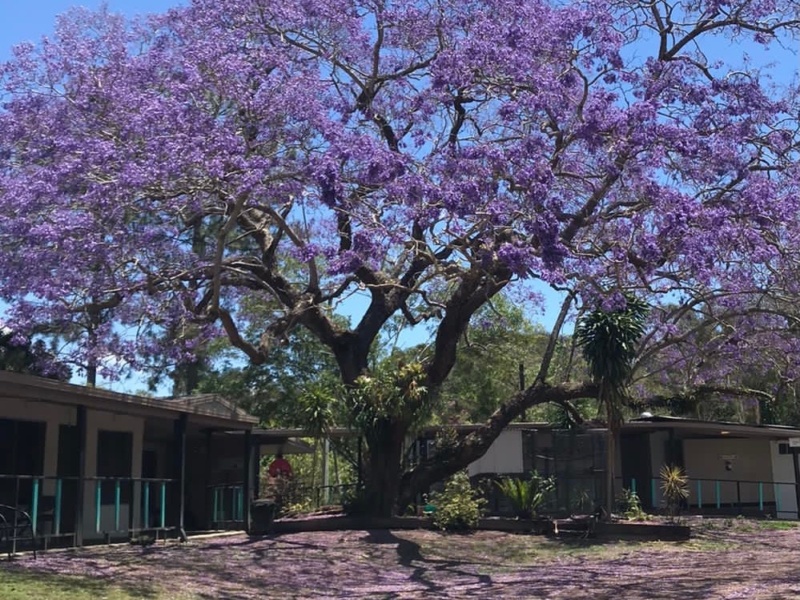Ancestry – trace your family tree – it seems everybody is engaged! The advent of TV programs showcasing celebrities on their ancestral journey has piqued many an interest. What better time to start tracing your family tree than during Covid-19 lockdown. My journey thus far has taken me across the continents of Africa and Europe, uncovered some interesting facts and on times posed further questions and challenges: my current being ‘Where DO all these American relatives come from?’ It is a fascinating never ending hobby. On occasion, you can become so fully absorbed that you cannot put it down; other times your interest is rekindled after a break. Newly refreshed, you head down another branch of the family tree eagerly anticipating further revelations!
So, do you really want to know who you are?
I first got involved with ancestry research when visiting my sister Sheila in Australia about six years ago. She bombarded me with questions on what I knew of our family ancestors. Whilst we had ample knowledge on my mother’s side of the family (she was born in London), we had scant information about my father’s family. Our father had died when we were just coming out of our teens in the 70s, living in sanction hit Rhodesia. Travel was not as efficient then with flights being both quite expensive and infrequent. A road trip to visit our father’s family in Durban took up two days of travel and hence trips to meet the South African side of the family was a very rare treat.
Upon returning to London from Australia I enrolled on one of the many Ancestry sites available and started to trace my mother’s family. It was not as easy as I expected, for whilst there was ample information from such records as the ten yearly censuses (available from 1841 – 1911), Church records of marriages, baptisms and death, I kept hitting snags.
Snag 1. Name spelling. One of my family surnames is Rixon, however on different documents this can be spelt as; Rickson, Wrickson, Wrigson, Rixen, Igson, and others. This would also be true for Christian names. The variation of spelling can be quite an eye opener.
Snag 2. Common names. I found that fathers tended to name their firstborn son after themselves and their firstborn daughter after the mother. If their firstborn died at a young age, then the next male or female child was given the same name. So, if you do not establish your timeline correctly you could end up duplicating children or ignoring them or giving them two birth dates!
Snag 3. Most people tended to live and die in the same area where they were born. However, in the mid to late 1800s in UK there was a massive movement of people away from their traditional home areas into the big cities or even migration to new continents. Ascertaining your relatives’ movements at this time with similar named persons, especially sharing common names like Smith, Jones etc, made for a difficult and time consuming task.
I finally exhausted all leads but had a comprehensive family tree for my mother’s side of the family going back as early as the 1700s. I had also built up a comprehensive tree for my Welsh wife, who turned out not to be as Welsh as she expected as her paternal ancestor arrived in Wales from Wiltshire in the late 1700s and ended up marrying a Scottish girl whose father had come to teach the Welsh how to farm sheep! However, my sister and I were still stumped as to my father’s line. I had managed to get information on my grandmother who was born in Eastern Cape to German migrants from Hanover but my grandfather’s family still eluded us.
I put my research on hold and applied myself to other interests.
Five years later my sister called to say she had made a breakthrough with my father’s side of the family. She had undertaken a DNA test which put her in contact with many possible relatives in South Africa. She suggested I too undertake a DNA test to see what I could establish. This I did at the beginning of the lockdown in March 2020. The ancestry sites have now become more efficient and more popular. This meant there was much overlap accessible research available from others who matched ancestry lines making research much easier than it was five years ago. My tree filled up rapidly going as far back as the mid 1400s, although there still exists a lack of information for research prior to 1600. The DNA result shows ethnic makeup. Mine was predictable in that 35% of my DNA originated from Germany (paternal grandmother), 50% originated from England, specifically Suffolk (maternal grandfather), Hampshire (maternal grandmother) and Warwickshire (paternal grandfather); with a smattering of other identities, Welsh, Scottish, Russian, Scandinavian and Irish. It seems that Genghis Khan never met with any of my ancestors!
So who am I? My heritage includes: farmers in Warwickshire and Suffolk, gamekeepers in the New Forest of Hampshire, saddlers and horse trainers in the Cape of Good Hope, merchants, fishmongers, ferrymen, hauliers, sailors, publicans, builders and simple farm labourers. Privateers that sailed out of Bermuda; Quakers that settled in Pennsylvania; a judge who sentenced Charles I to death by execution; and Ann Boleyn, second wife of Henry VIII and mother of Queen Elizabeth I.
Nearer to home my paternal grandfather was a great sportsman who represented Border Province rugby against the 1910 British Lions and scored a try, conversion and penalty in the 13 all draw. He also played cricket against the MCC which included the great Jack Hobbs and was selected for athletics to represent South Africa in the 1916 Berlin Olympics which were obviously cancelled. I still have work to do on the German side of his family. This is proving difficult due to the language barrier and lack of knowledge on where to look.
This has been a fascinating and interesting journey for me and one that I could share with and be involved in with my sister who resides on the other side of the world. There is no doubt in my mind that search aids will continue to improve. In addition, with more and more people taking up the hobby, it becomes easier for all to discover the past as the body of research continues to build and is readily available to be shared. I would recommend that you join more than one ancestry research engine to take advantage of this. Perhaps my next step is to make contact with those who share my DNA in North America and establish if there are connections. In lockdown times I like to imagine the following future scenario. I walk into a meeting in Vancouver, Canada and get introduced to the owner and reply that we share the same great, great, great, grandmother! That would be a bit of a jaw dropper. This branch of the family will now keep me busy going forward!



